The Scottish Government laid-out its Budget on Thursday, 14 December 2017. The Finance Secretary, Derek Mackay, still requires Parliament to pass the Budget so it is possible that there will be further changes made before it is fully implemented.
The most notable change that might affect the property market in Scotland was the introduction of relief on Land and Buildings Transaction Tax (LBTT) for first time buyers in Scotland of properties up to £175,000. This follows the UK Chancellor’s announcement in the Autumn Budget that a first-time buyer of a property in England and Wales, up to £300,000, will not have to pay Stamp Duty (the equivalent of LBTT).
It should be noted that anyone currently buying a property up to £145,000 already is exempt from paying LBTT on the purchase price. So this really only affects the portion of the purchase price between £145,000 and £175,000.
Whilst any boost to the housing market is welcome, particularly where it helps first-time buyers to get onto the property ladder, it’s hard not to feel for someone who isn’t a first-time buyer and who will not feel the benefit of this relief between £145,000 and £175,000 in spite of the fact that they are operating in the same budget range.
LBTT changes aren’t the only element of the Scottish Budget that might affect the housing market in Scotland, however. The housing market depends on consumer confidence and also on buyers’ levels of disposable income.
The Budget contained significant Income Tax changes for Scottish residents. A five-band system was introduced and a penny in the pound was added to the rate of Income Tax that some people will pay.
The net effect is that anyone earning up to £33,000 will be slightly better-off than someone paying Income Tax in England and Wales. However, above £33,000 Scottish residents will pay more. At the higher end of the scale, someone earning £100,000 per annum will pay £1,155 more in income tax in Scotland than in England and Wales, according to figures released by the BBC.
If this all has an effect on the housing market then the effect is likely to be seen differently at different price points. Recent changes to Stamp Duty (the introduction of LBTT in Scotland) decreased the amount of tax payable on a house purchase below approximately £330,000. This, of course, covers the vast majority of housing in Scotland. However, at the high end of the market, and in particular in the more expensive areas of Scotland such as Edinburgh, LBTT has increased the cost of a house purchase relative to the old Stamp Duty regime. With higher earners already feeling the pinch on property purchase taxation, a further decrease in their disposable income is unlikely to stimulate movement in this part of the property market.
In general, the changes are going to be welcomed by the vast majority of people in Scotland because they lower the cost of Income Tax relative to 2017-18, lower the cost of Income Tax relative to England and Wales and give a leg-up to First Time Buyers. For the top end of the property market and for higher earners, the changes will not be quite so welcome.
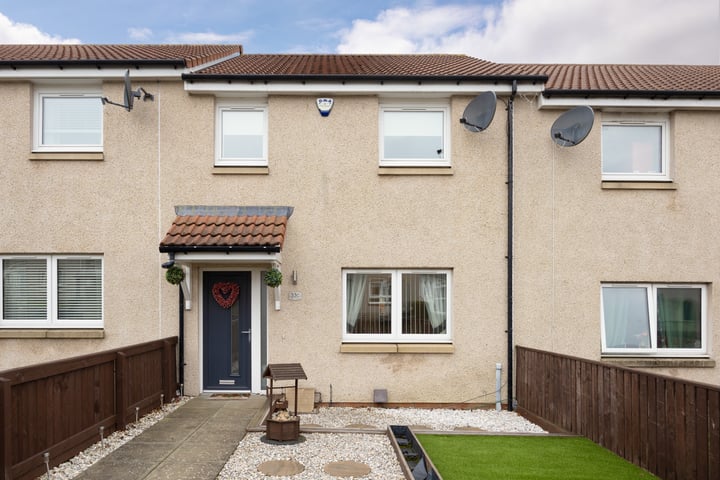
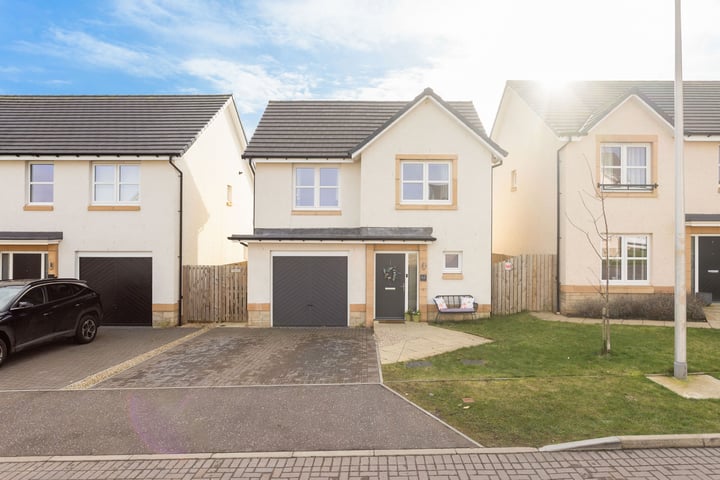
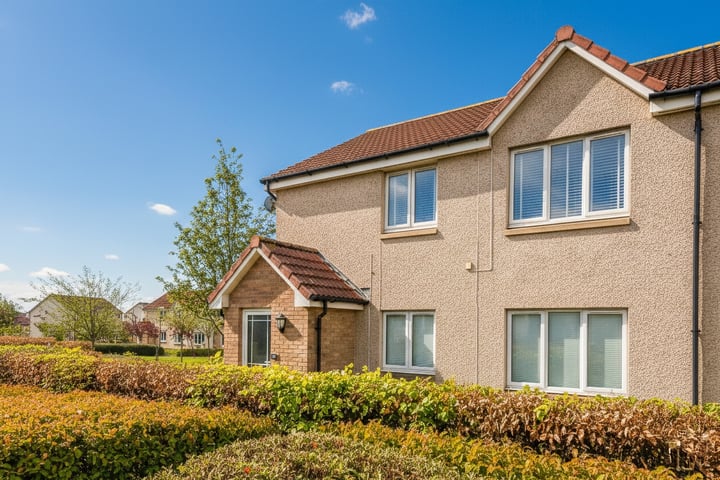
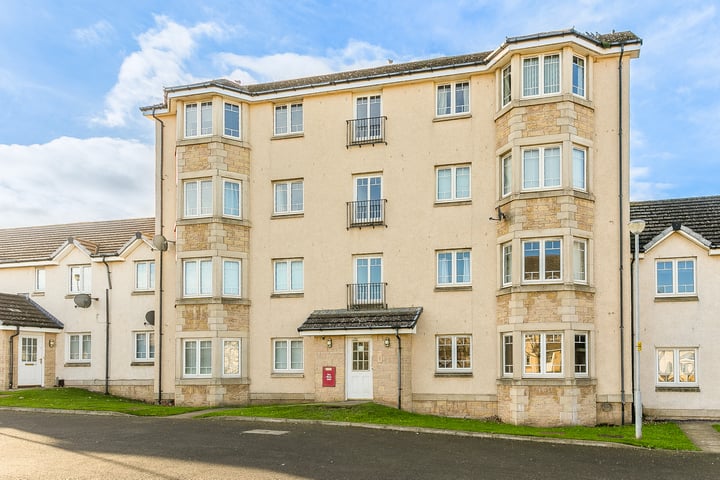

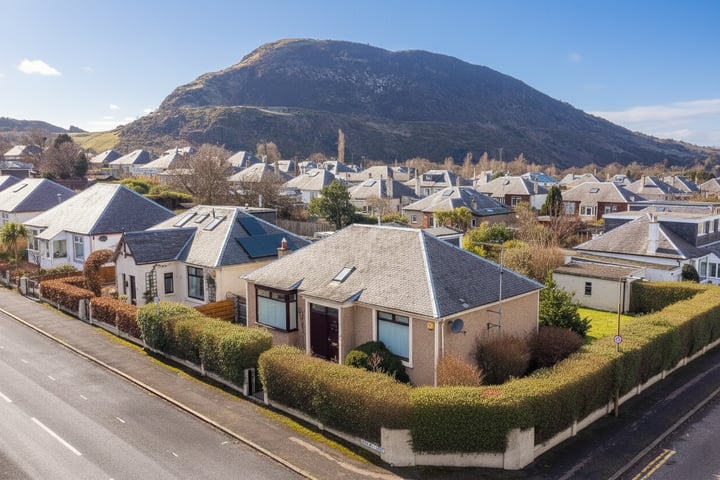
Leave a Reply